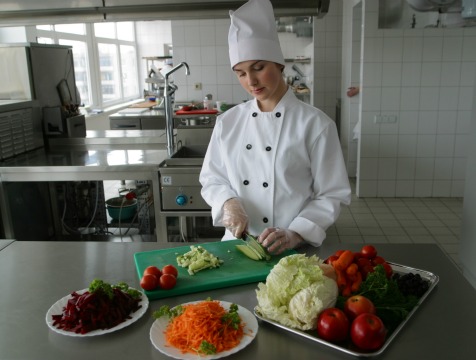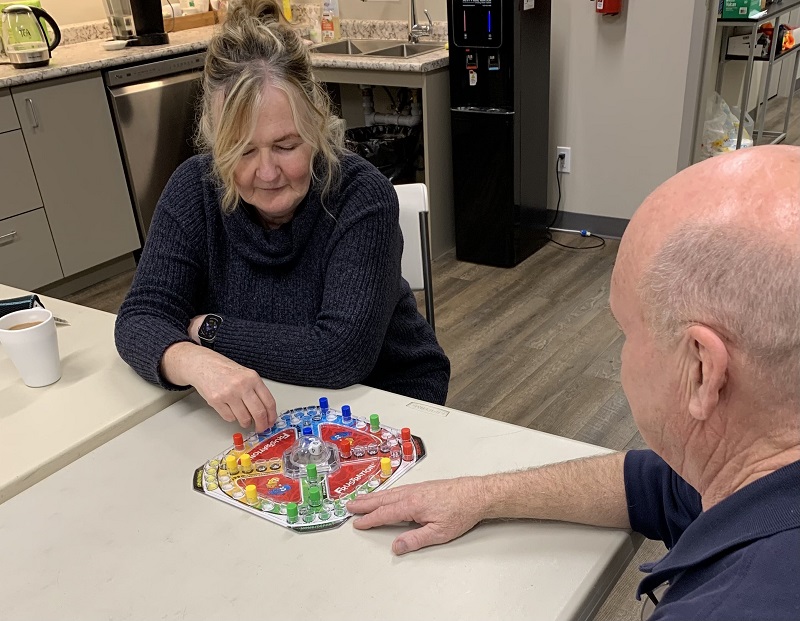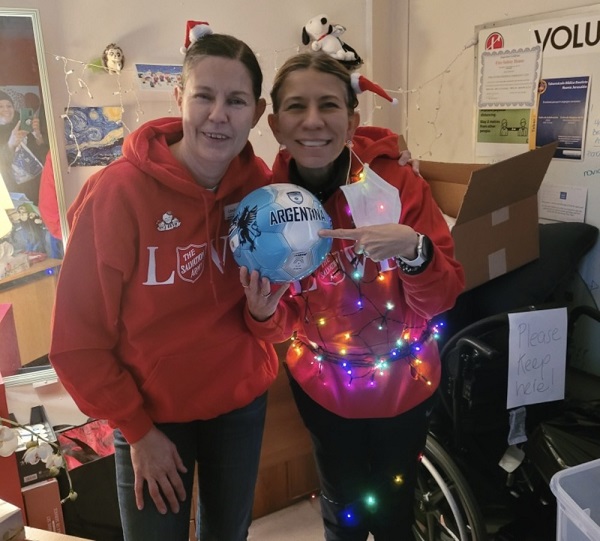Food Mentoring Restores Dignity

From beef to coffee, and pasta and potatoes, food inflation has persisted. According to The Globe and Mail high food prices are here to stay.
And, when food suddenly costs more, those who can least afford it get hit hardest. This is sure to affect the cycle of poverty that organizations like The Salvation Army are desperately seeking to eradicate.
Today, approximately three million Canadians, or one in 11 people, live in poverty. While Canada is in a relatively strong economic position, thousands of Canadians struggle to get food each day.
The Salvation Army recognizes that poverty is a critical issue, and that everyone has a right to access basic necessities such as nutritious food, health care, education and economic opportunity.
The increase in demand for Salvation Army services suggests that those who had once known prosperity, now find themselves in dire straits.
On April 11, 2012, Sally’s Community Kitchen in Sussex, N.B., launched a program geared to empower those living on low incomes by providing training in cooking, shopping, meal planning, budgeting, food safety and nutrition.
The Salvation Army’s desire to help those who’ve met with hard times cope with food insecurity is coupled with its goal of preserving their dignity. The Army believes that basic human dignity is a fundamental right for all.
Sally’s Kitchen is an opportunity for single moms and those living on low incomes to learn how to live within their budgets while providing healthy, nutritious meals for their families.
Furthermore, participants in the food-safe program will be able to earn a certificate that will assist them in gaining employment.
The six-week program can accommodate eight people at a time. The Salvation Army plans to run the program biannually.
“This new initiative has been well-received by the community,” says Major Judy Folkins of The Salvation Army. “The program not only helps participants realize their potential, but the acquired skill set and tools necessary to lead productive, healthy lives can be passed on to future generations.”



